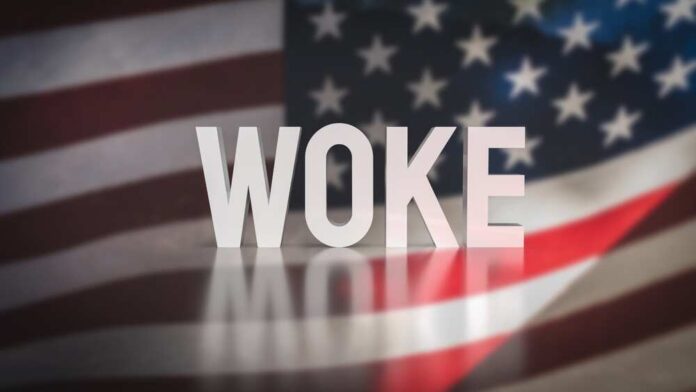
Donald Trump unveils a controversial video montage at a Pennsylvania rally, reigniting the debate on “wokeness” in the U.S. military.
At a Glance
- Trump criticizes perceived “wokeness” in the U.S. military under Biden’s leadership
- The former president proposes forming a task force to monitor “woke generals”
- Critics argue that diversity initiatives may compromise military readiness
- The debate reflects broader cultural and political divisions in the country
Trump’s Rally Sparks Controversy
During a recent political rally in Pennsylvania, former President Donald Trump reignited the debate on “wokeness” in the U.S. military. Trump presented a video montage that juxtaposed classic scenes from “Full Metal Jacket” with contemporary footage featuring Navy Adm. Rachel Levine and service members in drag. The presentation concluded with a call to return to traditional military excellence, reflecting Trump’s broader cultural criticism of current military policies.
Trump’s critique of military policies aligns with a growing concern among conservatives about the impact of diversity, equity, and inclusion (DEI) initiatives on military effectiveness. Critics argue that these policies divert resources from enhancing military capability and potentially compromise the armed forces’ primary mission of national defense.
The “Anti-Woke” Task Force Proposal
In a bold move, Trump announced plans to create a task force dedicated to monitoring what he terms “woke generals” and eliminating diversity training in the military. This proposal follows a 2021 incident where Matthew Lohmeier, a former F-15 pilot, was removed from command in Trump’s Space Force for criticizing diversity training.
“Donald Trump declared on Friday at a campaign rally in North Carolina that he would form a task force to keep an eye on “woke generals” and do away with diversity training for military personnel.”
Trump’s stance on military policy reflects a broader conservative pushback against what is perceived as an overemphasis on DEI initiatives at the expense of combat readiness. This perspective has gained traction among right-wing politicians and commentators, who frame such efforts as detrimental to military effectiveness.
The Debate Over Military Readiness
Proponents of DEI initiatives argue that these programs enhance military effectiveness by promoting a diverse and inclusive force that better reflects the nation it serves. However, critics contend that such policies undermine military readiness by emphasizing differences, questioning merit-based promotions, and diverting resources from essential training and development.
“When I looked at it, there is one hour of equal opportunity training in basic training, and 92 hours of rifle marksmanship training.” – Michael Grinston, sergeant major of the U.S. Army
This statement from Sergeant Major Grinston challenges the notion that DEI training significantly impacts overall military preparedness. However, the debate continues, with some arguing that even limited resources devoted to such initiatives could be better spent on combat-related training.
Public Perception and Political Implications
The controversy surrounding “wokeness” in the military has broader implications for public support and recruitment. Some argue that these policies discourage enlistment and reduce public confidence in the armed forces. A decline in public trust in the military has been noted, with some linking this trend to the perception that the military is being used for social experiments rather than focusing solely on national defense.
Despite the heated rhetoric, recent polls suggest that Republican voters prioritize other issues over the “war on woke,” preferring candidates who focus on the economy or “law and order.” This indicates a potential disconnect between the intensity of the anti-woke messaging and voter priorities.
As the debate over military policies continues, it remains a flashpoint in the broader cultural and political divisions within the United States. The outcome of this controversy could have significant implications for the future direction of the U.S. military and its role in American society.














